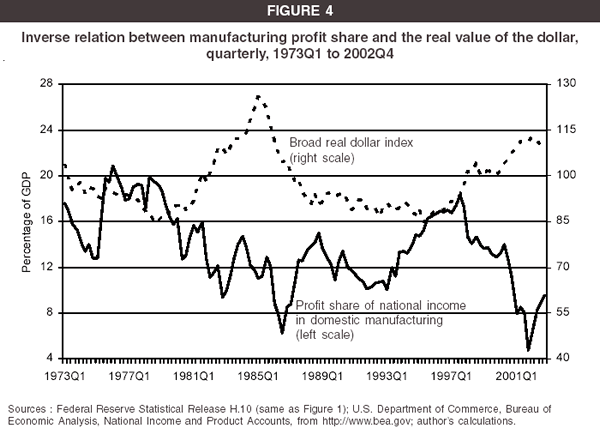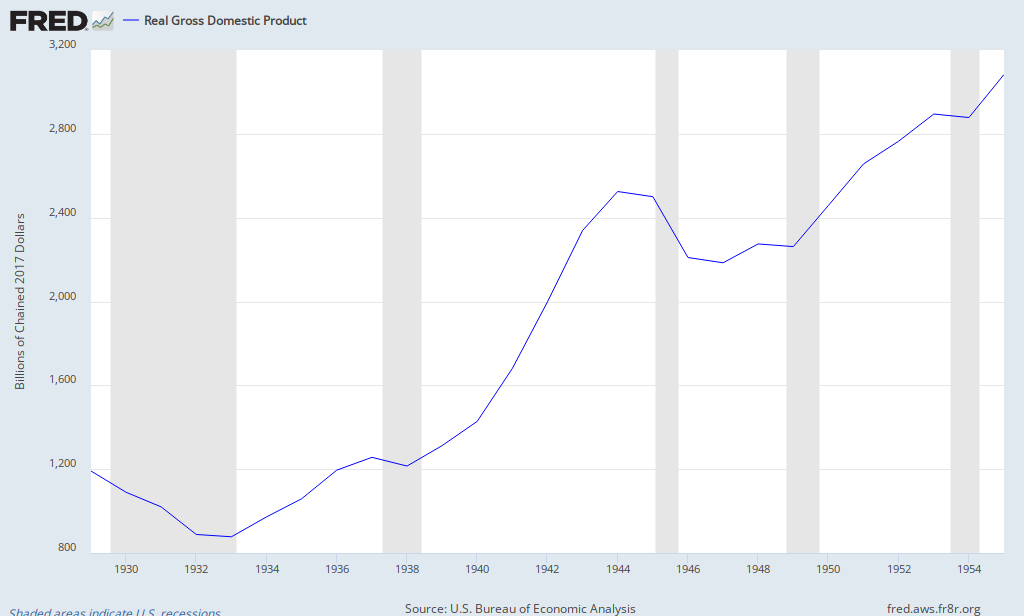The Market Wants More Stimulus: Why Oh Why Can't We Have a Better Press Corps?: Yes, Rita Nazareth of Bloomberg News, We Are Looking at You Funny Because We Know You Can Do Better Department
But if you read the Bloomberg piece carefully, what it actually says is that market players fear that the absence of a debt deal means no stimulus. So the actual fear is not that spending wont be cut enough, it is that it will be cut too much which actually makes sense, and is consistent with the action in stock and bond markets.
But how many readers will get that? The way its presented reinforces the false notion that the deficit is the problem.
More at the link.
Translation: Market want's more bailout and devaluing of currency.



